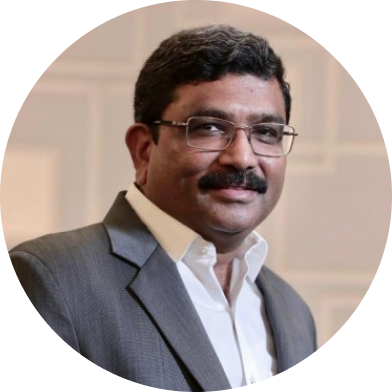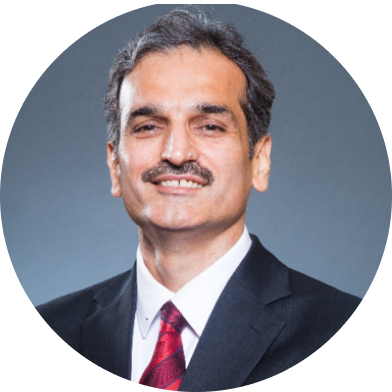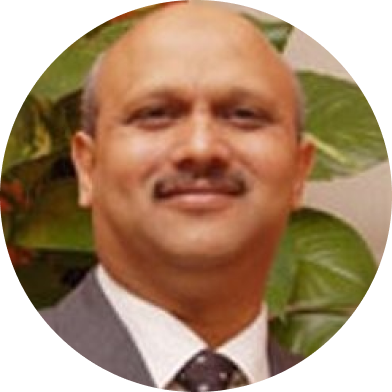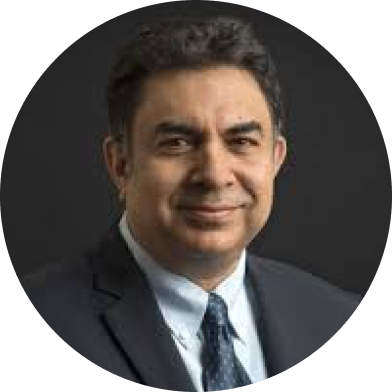
Podcast Series: Season 1

With the nature of work and workplaces changing, managers will need to think and behave differently in the future. Employees and managers will be impacted by aspects of remote working, level of trust in organizations and management, own learning and skilling, dealing with the new known and unknown, and the value and economic impact of their work under deeper scrutiny, among others.
While some core aspects of the ‘manager’ role will not change, many other aspects will. What will particularly need a shift is the how of performing the role. How will a manager need to think and behave given challenges of productivity, delivery, employee engagement, capability building and integration of tasks and people? Explore this season of podcast to learn more.
There has always been a debate about both efficacy of and investment in managerial training. There is recognition that manager capability is key to smooth functioning of an organization. However, given the business challenges and economic environment in the next few months and years, is this really an area of focus for CEOS and CHROs?

Why should organizations invest in managerial capability building? Is there money and mindshare for it?

Whose need is it anyway? Employees may be quite happy in non managerial roles in the future given the deep challenges, stress and need for learning that will come with manager roles.

Shouldn’t each individual manager actually build their own skills? If people aspire to manager positions, they should ready themselves. This is an argument forwarded by many.

Is investment in managerial capability similar to investment in other people capabilities? e.g., technical skills. How will leaders balance and decide where to invest?


CEOs at the end of the day are worried about organizational performance. In these times, agility is also in focus. Pivot or Perish is much used and abused in the current context. Many CEOs believe that the middle layers of managers are not really required. Others differ.

How do you really build a agile organization? Are a significant number of managers required to be able to remain competitive? Or is it a hindrance?

What kind of investment is required in manager capability building to really make them valuable to the organization?

Is is easy to establish a linkage between manager capability and organization performance?

Can most current managers adapt to the new demands of workplaces of the future? What needs to be done by leaders to enable that?


While manager capability is critical in ensuring organizational effectiveness, it becomes even more critical in manufacturing organizations. The role of a manager in manufacturing has many different and added dimensions in comparison to say IT or ITES industry manager.

What additional capabilities and mindsets are required for managers in manufacturing as against some other industries? And why are these important?

How is the role of the manager shifting given the recent pandemic and shift in how work is organized and performed?

The complexity and variety of tasks being performed by the manager is not easy. What differentiates individuals who excel in these roles?

How does one identify and train other individuals to excel in these managerial roles?


While manager capability is critical in ensuring organizational effectiveness, what it means is changing rapidly over time. With the recent pandemic, it has perhaps changed significantly and for ever.

It appears that manager roles will be even more demanding in the future. So why is that?

What is changing in terms of specific skills and mindsets that will be required of managers in the future? And what is not changing?

What contexts in organizations will change through this pandemic? And therefore what aspects of soft capabilities will managers need to build in the future?

Organizations will become even more cost conscious and require improved productivity of managers. Will they get sandwiched between management and employees? How could they deal with this aspect?


There is one argument that managers should choose what they should learn. This could help both hyper- personalization and deeper learning and engagement. Others believe that learning must be curated based on organization and role requirements? But organizations are focused on capability in context of immediate performance and the individual may well be concerned about future skills and capabilities.

How does one strike a balance between the two approaches? And how does one implement it in practice?

What the downsides of either approach? What could be potential safeguards, especially as demands from a role shift very quickly these days and there is limited time to learn and perform.

And how does one ensure that the manager is not ending up using organizational resources with limited linkage to organizational benefit? Or learning only what the organization guides her to and finds the career being jeopardised?


info@thinktalentindia.com
+91-9910955257
+91-8828158509